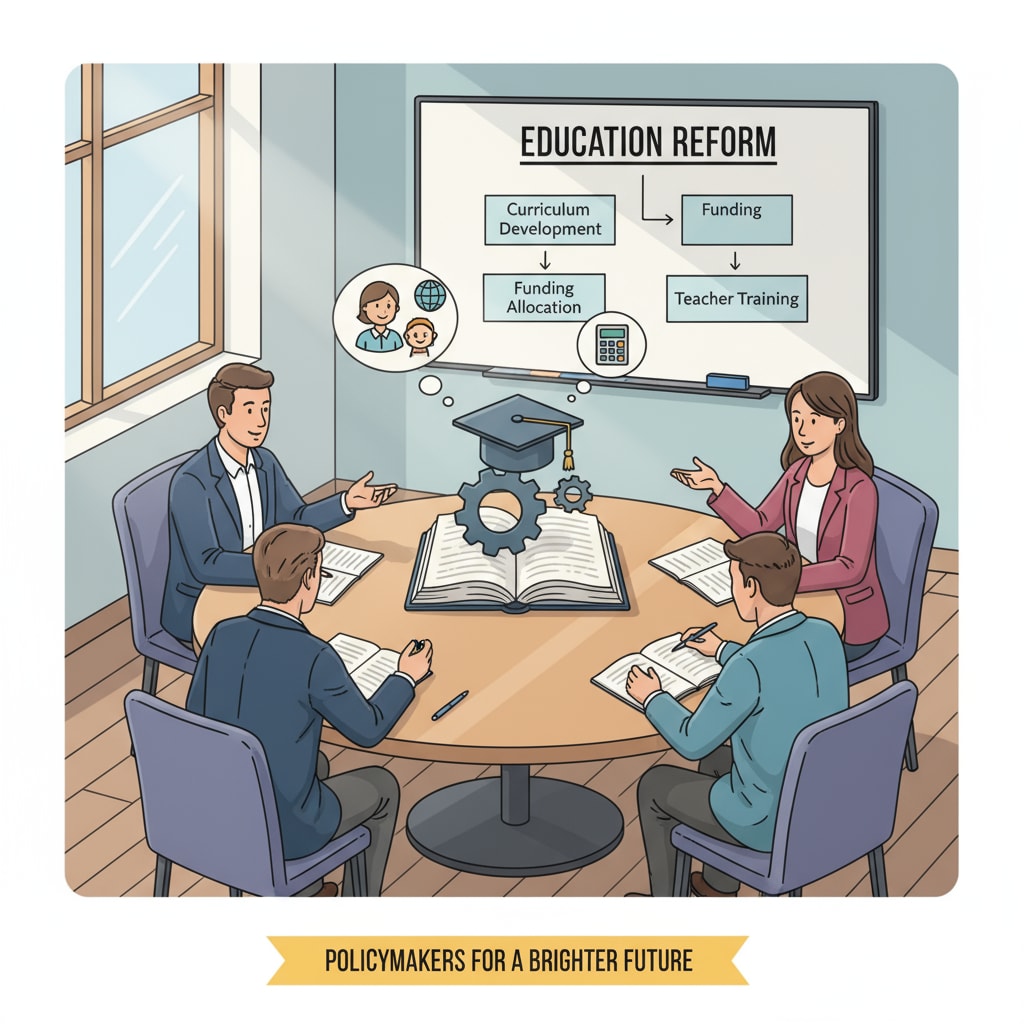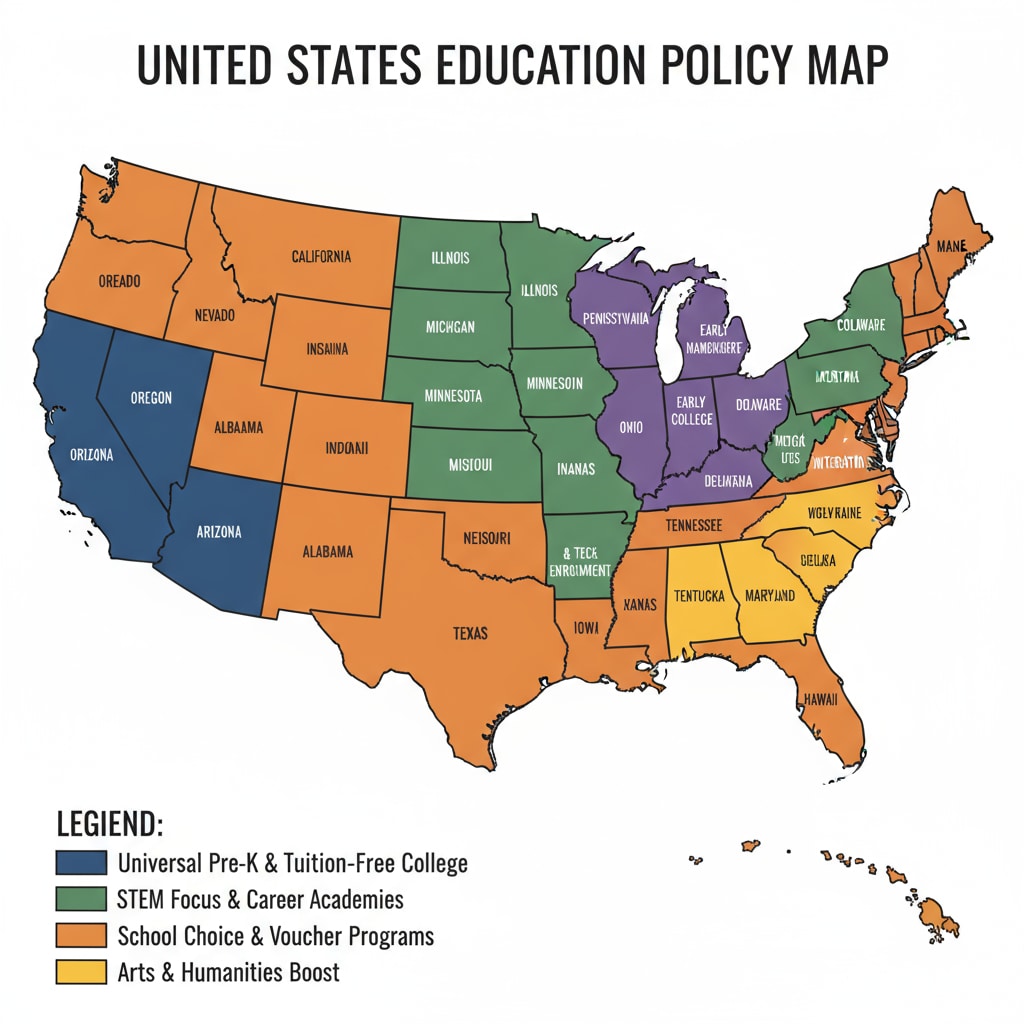The fears surrounding the US Department of Education’s Civic Education Alliance have drawn significant attention. This alliance, recently established, has raised several concerns among educators, parents, and experts alike.

As we delve deeper into this matter, it becomes evident that there are potential risks that could impact the educational landscape in the United States.
The Threat to Local Educational Autonomy
One of the primary concerns is the potential threat to local educational autonomy. Historically, the United States has prided itself on a decentralized education system, where local school districts have the freedom to design curricula that meet the specific needs of their communities. However, the formation of the Civic Education Alliance could undermine this principle. Education in the United States on Wikipedia The alliance might impose a standardized national curriculum, leaving less room for local innovation and customization. For example, a rural district with unique cultural and economic factors may find it difficult to adapt to a one-size-fits-all curriculum.

The Risk of Ideological Uniformity
Another significant fear is the risk of ideological uniformity. When a single entity, such as the alliance, controls the civic education curriculum, there is a danger of promoting a particular set of ideas and values. This could lead to a narrowing of perspectives in the classroom. Students may be exposed to a limited range of viewpoints, stifling critical thinking and intellectual growth. Education in the United States on Britannica In a diverse society like the United States, it is crucial to encourage a plurality of ideas to foster an informed and engaged citizenry.
In addition to these concerns, there are questions about the lack of parental involvement in the decision-making process of the alliance. Parents play a vital role in their children’s education, and their voices should be heard when it comes to curriculum development. However, the establishment of the alliance seems to sideline parental input, leaving them worried about the direction of their children’s education.
Readability guidance: As we’ve seen, the formation of the Civic Education Alliance by the US Department of Education has sparked valid fears. It threatens local educational autonomy and the diversity of ideas in the classroom. We must take these concerns seriously and work towards solutions that protect the interests of students, parents, and local communities.


